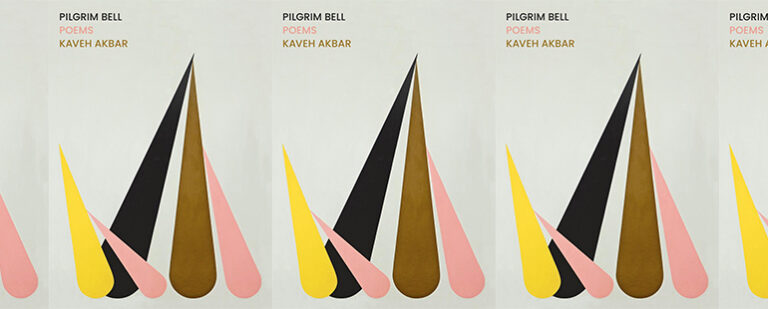Birds of a Lesser Paradise
Birds of a Lesser Paradise
Megan Mayhew Bergman
Scribner, March 2012
$24.00
240 pages
In the twelve stories in Megan Mayhew Bergman’s debut collection, the past is always present. Children live in the failing light of dying parents. Lovers make their beds on inherited sheets. The furniture in a rented house smells of a previous tenants “chicken suppers and cigarette smoke.”
Shaped by the past, characters struggle to make sense of their shifting loyalties and uncertain desires—should they stay or go? In “Housewifely Arts,” anthologized in “The Best American Short Stories 2011,” a single mother takes her young son on an impulsive road trip to a dilapidated roadside zoo so that she can hear her dead mother “call from the beak of a thirty-six-year-old African gray parrot.” We meet the narrator on the eve of a hopeful move to Connecticut, a state where her son has “a better chance of escaping childhood obesity, God, and conservative political leanings.” The catch is she can’t go until her house sells—a house infested with crickets. Under such constraint, her longing to hear the voice of her emotionally distant mother is guided by an urge closer to panic than nostalgia, by her desire to retreat.
Bergman’s characters are animal rights activists, veterinarians, and caretakers in many forms: mothers, daughters of ailing parents, or lovers of feral cats and “golden retrievers in various states of decline.” Settings are often rural—Carolina swampland, Vermont, the Moab desert. Fringe towns pockmarked with failed ambition are rendered with elegant specificity: “Most buildings in this part of town were churches or sad municipal structures, some vacant, some half used, mildewed, ugly, and too expensive to fix.”
The book’s characters possess deep affection for the natural world even as they wound and betray one another, as the world wounds and betrays them.
Like “Housewifely Arts,” “The Cow that Milked Herself” and “Yesterday’s Whales” explore the risks motherhood poses to romantic love, freedom, and individuality. In “Yesterday’s Whales,” the young narrator’s unplanned pregnancy enrages boyfriend, Malachi, head of the nonprofit “Enough with Us,” and fierce believer in “sacrificing the human race to let nature reclaim the earth.” On its surface an irony about urban liberal appreciators of “upscale Thai,” IPA’s, and the Sunday Times, the story is more deeply an examination of the divisive nature of absolutism—of a woman’s choice to stop condemning humanity’s flaws and act out of bravery, choosing “raw and stupid hope.”
As each story examines the courage and complications of stepping into the ring, trusting “the raw pull of desire”, there is uncommon clarity to Bergman’s prose—to her depiction of the emotional lives of women—that recalls, at times, Amy Hempel or Alice Munro. And above all, Bergman’s empathy for her characters, and her skill for allowing vulnerability, humility, and regret to tangle on the tongues of her sardonic hopefuls, lends her collection grace and wisdom.
Bio: Kathryn Savage is pursuing an MFA in fiction writing and literature at Bennington College. Her book reviews have appeared in the Star Tribune, and she teaches creative writing at The Loft Literary Center in Minneapolis.


